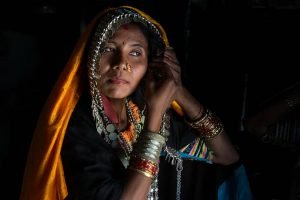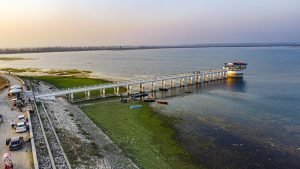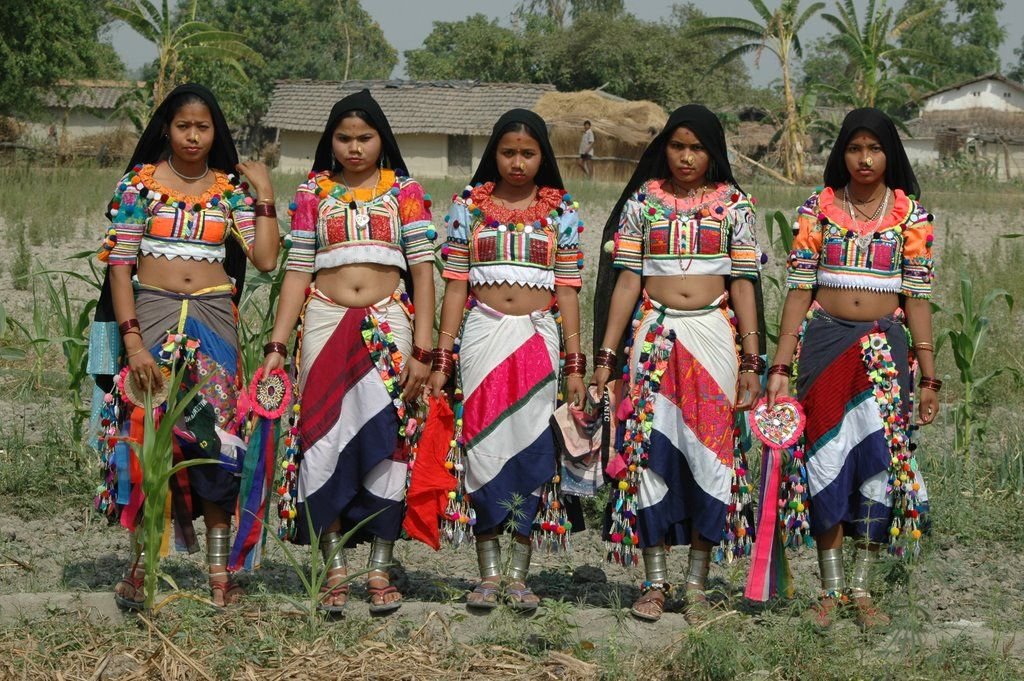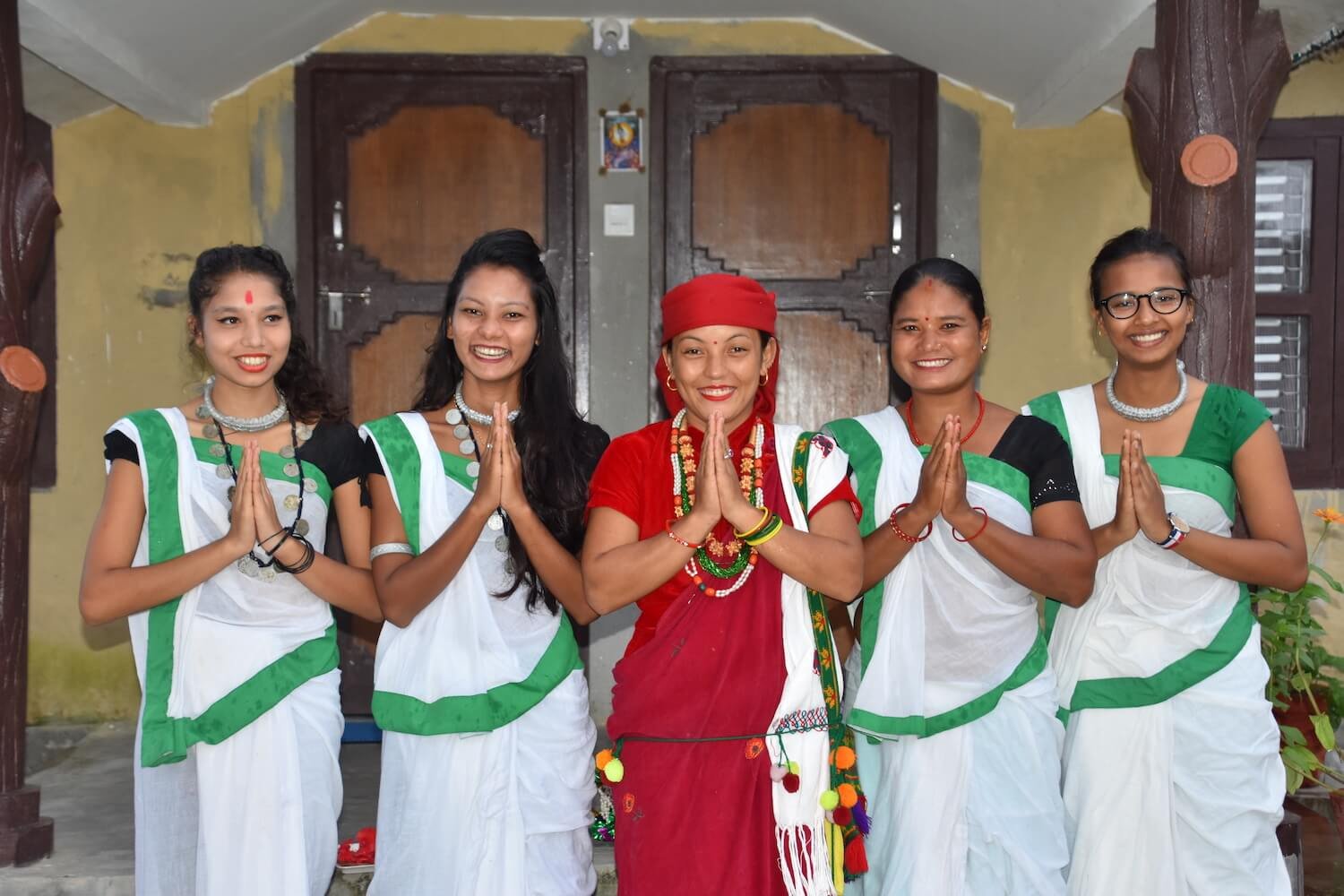Rana Tharus agitate for recognition of their language
Members of the Rana Tharu community have raised concerns after their language was not included on the list of languages for official use in Sudurpaschim Province.
The federal government had earlier recognized the Rana Tharu language by including it on the list of official languages published in the government’s gazette. But the Language Commission, in its recent report, didn’t list the Rana Tharu as a language for official use in Sudurpaschim, where the community mostly lives.
The Oli government on 18 May 2020 had listed the Rana Tharu language as a national language by adding it to the list of official languages at the federal level. However, they have been agitated after the commission left the language out of the provincial list.
“The commission lists five languages for the province. However, only Doteli and Tharu have been recognized as the language for official use. The language Rana Tharus use is different from that of the Tharus,” says Kripa Rana, president of Rana Tharu Society. “We represent 10 percent of the province’s population. But our language was still excluded.”
“Just a few days ago, we were told that Doteli, Tharu and Rana-Tharu languages will be included in the list. But our language was removed when it was finalized,” says Rana. “The community feels that the government wants to do away with the identity of indigenous Rana Tharus,” he adds.
According to the 2001 census, around 2.5 million people live in Sudurpaschim. The census, which counted Rana Tharus and Chaudhary Tharus as one group, found the population of Tharus in the region to be 1.73 million.
“There were a total of 12 indicators for the selection of official languages for provinces,” says Kamal Singh Rana, vice-president of the society. “Languages whose speakers make up at least one percent of the population should be included in the list”.
A total of 27 schools teach the language in Kailali and Kanchanpur. “The language’s history, grammar, dictionary, and other standards have already been developed. It is a surprise that the language was still left out of the list,” says Bhalmansa Bhajji Rana, a resident of Dhangadhi.
Members of the community have declared protests to press the government to enlist their language. They have also demanded that various bills such as the one on the recruitment of provincial civil servants and police personnel include quotas for members of the Rana Tharu community.







